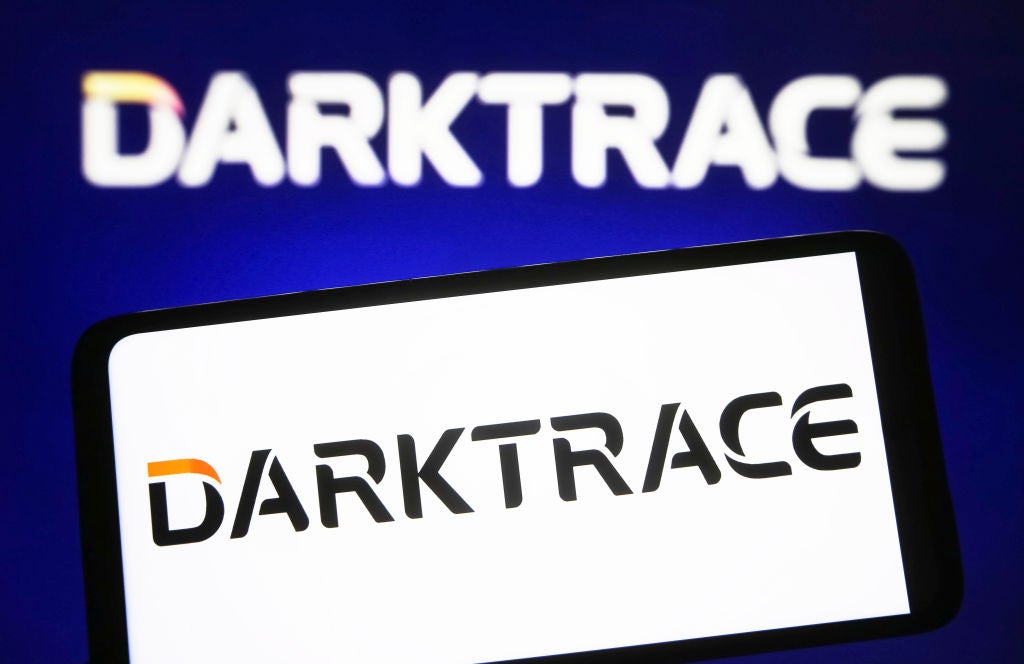
A report by British lawmakers into the construction and outsourcing giant Carillion collapse has suggested the big four accountancy firms — KPMG, PwC, Deloitte and EY — should be broken up.
Two Commons select committees found Carillion’s board presided over a “rotten corporate culture” and was culpable for its “costly collapse”.
A joint inquiry said in a damning 100-page dossier no-one stopped directors “stuffing their mouths with gold” for years before the Carillion collapse.
Carillion went into liquidation in January with debts of up to £7 billion, including £2.6 billion in pension liabilities, and just £29 million in cash.
The report said: “The only cash supporting its profits was that banked by denying money to suppliers.”
Rachel Reeves, chairwoman of the BEIS Committee, said the firm’s failure showed that auditors prioritised their own profits ahead of good governance.
How well do you really know your competitors?
Access the most comprehensive Company Profiles on the market, powered by GlobalData. Save hours of research. Gain competitive edge.

Thank you!
Your download email will arrive shortly
Not ready to buy yet? Download a free sample
We are confident about the unique quality of our Company Profiles. However, we want you to make the most beneficial decision for your business, so we offer a free sample that you can download by submitting the below form
By GlobalDataKMPG, PwC, Deloitte and EY pocket millions of pounds for their lucrative audit work – even when they fail to warn about corporate disasters like Carillion.
It is a parasitical relationship which sees the auditors prosper, regardless of what happens to the companies, employees and investors who rely on their scrutiny.
Frank Field, who chairs the work and pension committee, said:
Same old story. Same old greed. A board of directors too busy stuffing their mouths with gold to show any concern for the welfare of their workforce or their pensioners.
The report recommends the UK’s competition watchdog, the Competition and Markets Authority (CMA), should look again at potentially breaking up the so-called big four accountancy firms or splitting their audit functions from non-audit services.
It claimed that KPMG had been “complicit” in signing off Carillion’s “increasingly fantastical figures” and internal auditor Deloitte had failed to identify “terminal failings” in risk management and financial controls, or “too readily ignored them”.
Andrew Tyrie, the new head of the CMA, has said he will look at competition in the audit market dominated by the accountancy firms.
Carillion timeline — as per the Carillion joint inquiry
February 2006 – Acquisition of Mowlem for £350 million
April 2007 – Richard Adam appointed to board as finance director
February 2008 – Acquisition of Alfred McAlpine for £565 million
December 2008 – Pension valuation
December 2009 – Richard Howson appointed to board as executive director
March 2010 – 2008 pension valuation 15-month deadline
September 2010 – Richard Howson appointed chief operating officer, remaining on the board
October 2010 – 2008 pension valuation agreed
April 2011 – Acquisition of Eaga for £298 million
June 2011 – Philip Green appointed to board as senior non-executive director
December 2011 – Pension valuation
January 2012 – Richard Howson appointed chief executive
March 2013 – 2011 pension valuation 15-month deadline
December 2013 – Pension valuation and Alison Horner appointed to board as non-executive director
May 2014 – Philip Green appointed chairman
June 2014 – 2011 pension valuation agreed
December 2014 – 2013 pension valuation agreed
July 2015 – Keith Cochrane appointed to board as senior independent non-executive director
December 2016 – Richard Adam retired as finance director
1 January 2017 – Zafar Khan appointed to board as finance director
1 March – 2016 Annual Report and Accounts signed and published. Richard Adam sold entire existing shareholding for £534,000
15 April – Emma Mercer returned to UK as finance director of construction services and brought to the attention of Richard Howson and Zafar Khan “some issues with which she was not comfortable”
8 May – Richard Adam’s long-term incentive plan awards for 2014 vested. He sold the total amount for £242,000.21
May – The board conducted a review of accounting treatment for receivables following Ms Mercer’s concerns. This was reviewed by KPMG. The review concluded that assets had been misclassified but there had been no misstatement of revenue. Acted as a trigger for wider review of contract positions
7 June – The board held a “lessons learned” exercise which considered cultural, managerial and operational shortcomings
8 June – The board considered a presentation on a possible equity issue
9 June – Final dividend for 2016 paid worth £55 million
4–5 July – The chairman, and board the following day, were informed that their brokers were not able to underwrite the proposed equity issue and were advised that a trading update should be made on 10 July. Philip Green remained hopeful for a “positive and upbeat” announcement to the market
9 July – Richard Howson stepped down as chief executive. Replaced by Keith Cochrane as interim chief executive. The board agrees a contract provision of £845 million to be included in their interim 2017 financial results
10 July – Carillion announced the £845m contract provision and comprehensive review of the group’s business and capital structure
12 July – Carillion’s share value fell 70% from 10 July
14 July – EY appointed to support its strategic review with a focus on cost reduction and cash collection. HSBC appointed as new broker
August – The board identified a need to put in place further short-term committed bank facilities
3 September – Zafar Khan “spooked” the board with a financial update
11 September – Zafar Khan sacked as finance director and Emma Mercer appointed as his replacement. New non-executive directors appointed and transformation officer seconded in from EY
29 September – Half-year results included a further £200 million profit write down
24 October – Deferral of pension deficit contributions agreed, releasing £100 million unsecured and £40 million secured new bank finance
17 November – Third profit warning issued, alongside announcement that the company was heading towards a breach of its debt covenants
First week of December – Changed assumptions in weekly cashflow materially reduced the company’s short-term cashflow forecasts
11 December – Kiltearn Partners, the largest shareholder in Carillion, halved its stake
22 December – Cashflow forecast delivered to finance creditors showed the company would have less than £20 million of available cash in March 2018. As a result, it was unable to make further drawings under its £100 million unsecured facility without further waivers being granted by each of them
Late December – New lenders informed the company that a further waiver would not be given unless an approach was made by the company to government
31 December – The company submitted a formal request for support to Government
3 January 2018 – FCA notified Carillion that it had commenced an investigation into the timeliness of announcements made by the company between 7 December 2016 and 10 July 2017
4 January – The company met government officials to discuss the status of restructuring efforts and the need for short and long-term funding
9 January – The company met with HMRC to explore the possibility of deferred payment to in respect of tax liabilities, which were otherwise due in January, February, March and April 2018. The outcome was inconclusive
12 January – Carillion paid £6.4 million to a series of advisors and lawyers, including KPMG (£78,000), FTI Consulting (£1 million), EY (£2.5 million) Slaughter and May (£1.2 million)
13 January – The company sent a letter to Cabinet Office making a final request of £160 million, including an immediate £10 million
14 January – Cabinet Office informed the company that it would not be willing to provide such support to the company. The board concluded that the company was insolvent
15 January – Directors presented a petition to the court for the compulsory winding up of the company on the grounds it was unable to pay its debts. Accepted by the courts and Official Receiver appointed as liquidator, with PwC appointed as special managers to assist with the liquidation. The government announced it was making £150 million available to support the liquidation and laying a contingent liability to indemnify the Official Receiver
16 January – Business Secretary Greg Clark wrote to the Insolvency Service and the Official Receiver asking them to fast-track their investigation into the causes of Carillion’s failure and the conduct of the directors
18 January – TPR announced it was launching an anti-avoidance investigation into Carillion’s funding of their pension schemes
24 January – Work and Pensions and Business, Energy and Industrial Strategy committees launched a joint inquiry into the management and governance of Carillion, the sponsorship of its pension schemes and wider implications for company and pension scheme law, regulation and policy
29 January – FRC announced investigations into the 2014, 2015 and 2016 KPMG audits of Carillion
19 March – FRC announced investigation into the preparation and approval of Carillion’s financial statements by Richard Adam and Zafar Khan




